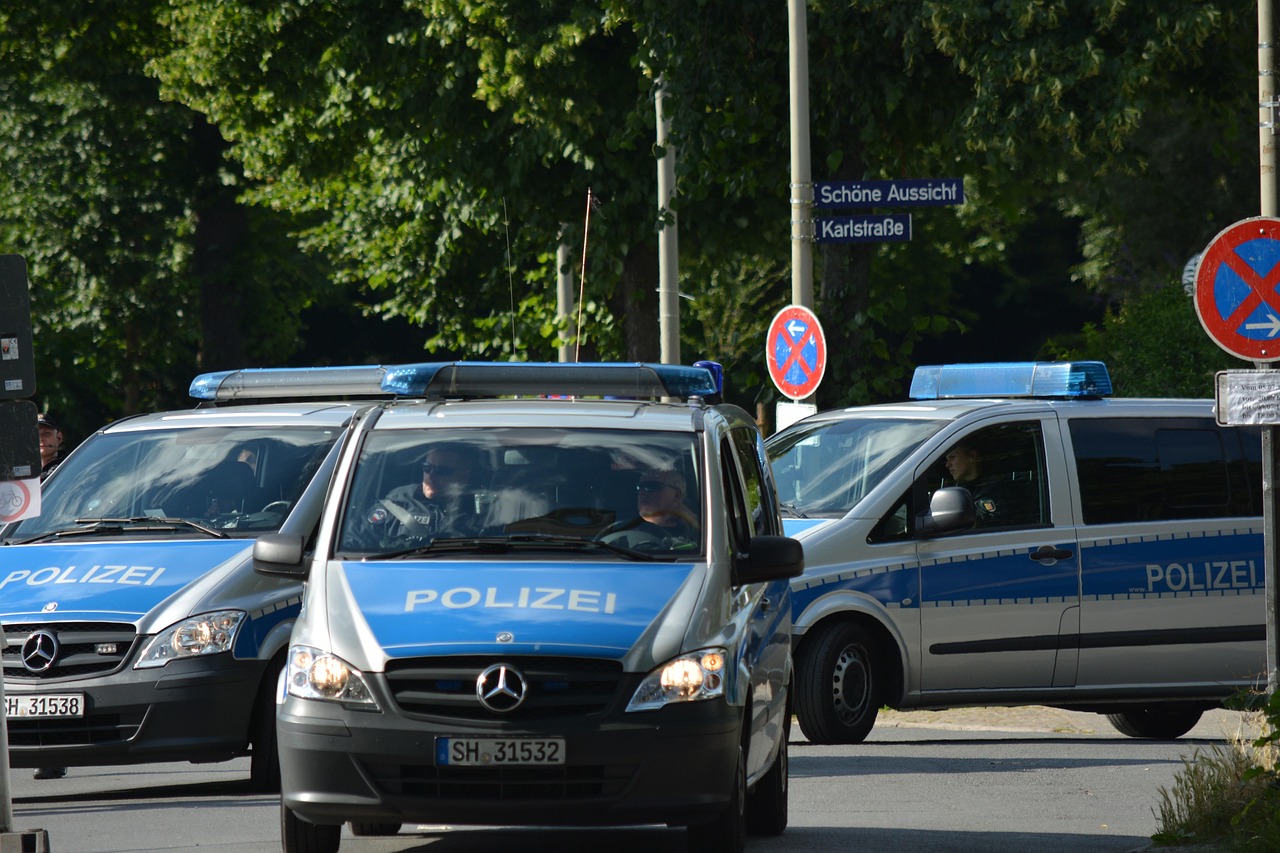President Donald Trump’s recent actions in Washington D.C. have raised eyebrows and concerns among citizens and officials alike. With the deployment of National Guard troops and the federalization of the police force, Trump’s administration seems to be making significant moves in the name of public safety and crime enforcement.

The official narrative paints a picture of a president taking decisive action to combat crime and ensure the safety of the capital. Trump’s invocation of emergency powers and the deployment of National Guard troops are framed as necessary steps to address rising crime rates and ensure public order.
However, a closer examination of the situation reveals a more intricate web of control and power dynamics at play. Trump’s executive orders and directives to federalize law enforcement agencies hint at a deeper agenda aimed at consolidating authority and influence over key institutions.
The timeline of events, from Trump’s initial announcements to the gradual escalation of federal control over law enforcement, points to a meticulously planned strategy to extend the administration’s reach and influence. The deployment of National Guard troops, coupled with the establishment of specialized units for public order, indicates a systematic effort to exert control over civil unrest and dissent.
The implications of these actions are far-reaching. The militarization of law enforcement, under the guise of public safety measures, poses a threat to civil liberties and democratic principles. The targeting of cities led by Democrats and the arming of National Guard units for personal protection raise concerns about the misuse of power for political gain.
In conclusion, the intent behind Trump’s maneuvers in Washington D.C. is clear: to centralize authority, suppress opposition, and extend the administration’s control over key institutions. By wielding emergency powers and deploying military forces, the means to achieve this agenda are laid bare, leaving little room for interpretation.
Looking ahead, the trajectory set by these actions points towards a future where centralized control and authoritarian tactics become the norm. The implications for democracy and individual freedoms are dire, signaling a shift towards a more oppressive and autocratic regime. It is imperative for citizens to remain vigilant and resist the encroachment of unchecked power in the name of public safety.

